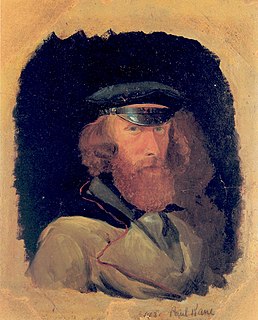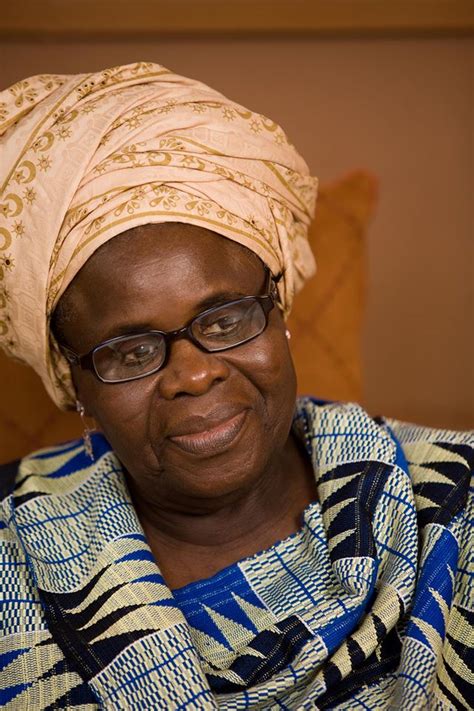A Quote by Joanna Scott
Reviewers try to square the antics of a writer's life with the antics in the fiction. Even satirical verbal play is too often read and admired as autobiographical expression. And thanks to the democratic exposures of the web, it's easier than ever to document private experiences and divulge the most intimate secrets.
Related Quotes
The Booker thing was a catalyst for me in a bizarre way. It’s perceived as an accolade to be published as a ‘literary’ writer, but, actually, it’s pompous and it’s fake. Literary fiction is often nothing more than a genre in itself. I’d always read omnivorously and often thought much literary fiction is read by young men and women in their 20s, as substitutes for experience.
I have kept diaries, of course, but they can't be read for quite a long time. I'm always curious about people who are fascinated by writers' lives. It seems to me that we're always in our books, quite nakedly. I wonder, too, does the private life really matter? Who cares what is known about you and what isn't? Even when you make public something that's been private, most people don't get it - not unless they're the same generation and have gone through more or less the same experiences. So, in a sense, we're all private, by definition.
No one can teach writing, but classes may stimulate the urge to write. If you are born a writer, you will inevitably and helplessly write. A born writer has self-knowledge. Read, read, read. And if you are a fiction writer, don't confine yourself to reading fiction. Every writer is first a wide reader.
No one can teach writing, but classes may stimulate the urge to write. If you are born a writer, you will inevitably and helplessly write. A born writer has self-knowledge. Read, read, read. And if you are a fiction writer, dont confine yourself to reading fiction. Every writer is first a wide reader.
It is untrue that fiction is nonutilitarian. The uses of fiction are synonymous with the uses of literature. They include refreshment, clarification of life, self-awareness, expansion of our range of experiences, and enlargement of our sense of understanding and discovery, perception, intensification, expression, beauty , and understanding. Like literature generally, fiction is a form of discovery, perception, intensification, expression, beauty, and understanding. If it is all these things, the question of whether it is a legitimate use of time should not even arise.






































